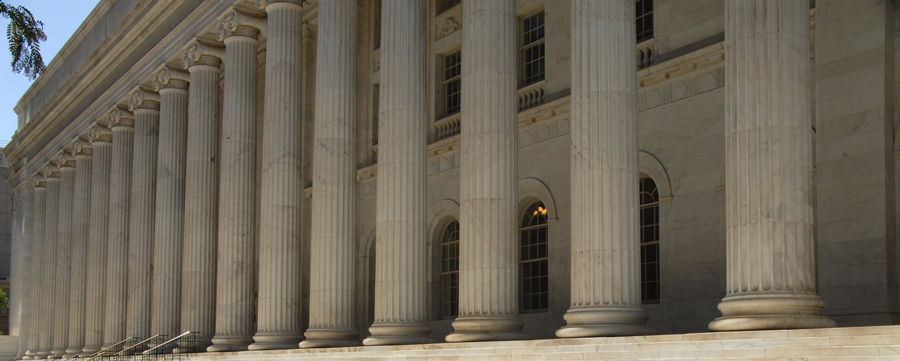Abstract
This article, by Professor John P. Anderson of Mississippi College School of Law, challenges the market-confidence justification for insider trading regulations by questioning its sociopsychological impact and assessing empirical evidence. Anderson finds that public perception surrounding insider trading and its effect on the market raises a problem of false consciousness – whether the perception is true or false, the market impact is the same. Further, Anderson finds that empirical evidence on the impact of public perception of insider trading on the market is inconclusive and that a proper test is likely unfalsifiable. Finally, Anderson cautions against a reliance on the market-confidence theory as justification for current or expanded insider trading enforcement powers.
Keywords
insider trading, market confidence, false consciousness, market participation, public attitude, O’Hagan, Martoma, empirical evidence, Newman, tiper-tipee, flexibility
